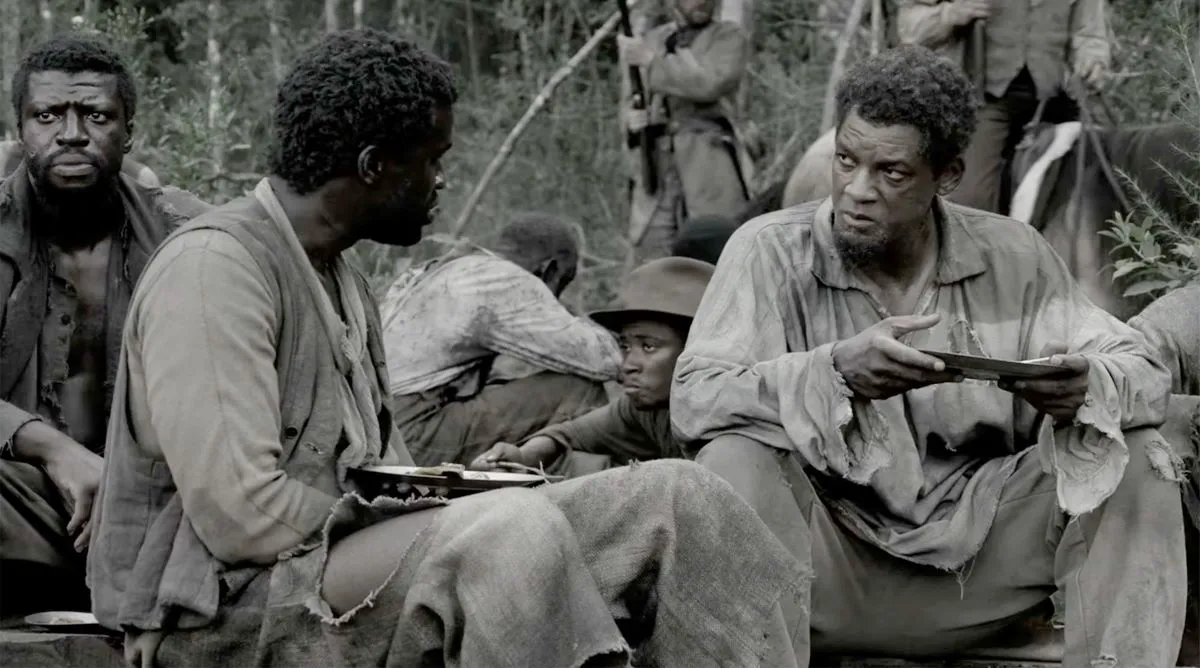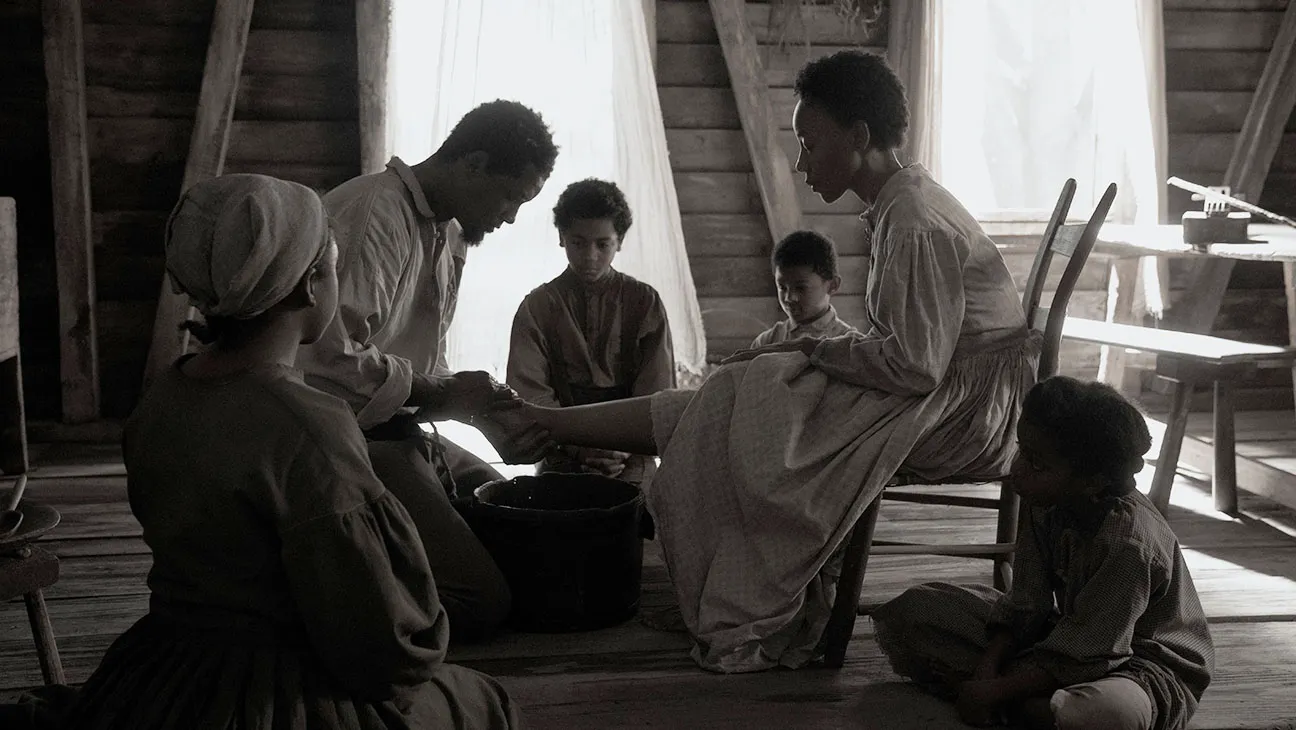Amidst the turmoil of the American Civil War, President Abraham Lincoln decrees the abolition of slavery. However, this does not deter the upholders of the old order from tearing Peter Gordon (Smith), a Haitian native, away from his family and forcing him to work for the Confederate army. Placing his faith in God, Lincoln, and himself, the real-life hero embarks on a daring escape, relentlessly pursued by a ruthless hunter (Ben Foster).

Will Smith as Peter in a still from “Emancipation”
Rarely does the term “Oscar bait” carry such mixed potential. On one hand, the creators of “Emancipation” and the streaming service Apple TV+ had intended to release the film hot on the heels of Will Smith’s triumph with “King Richard.” Fate intervened: in late March, Smith receives the coveted statuette, but not before assaulting Chris Rock over a joke about his wife, landing him in the academy’s “blacklist” for a decade. “Emancipation” urges viewers to withhold judgment, bringing the actor back to the screen in a convincing action role, but it struggles to transcend being a mere vehicle for its star.
Director Antoine Fuqua, known for “Training Day” and “The Equalizer,” steps in to rehabilitate Smith’s image. The producers secure a substantial budget of $120 million and venture into the unforgiving landscapes of 19th-century Louisiana. Peter washes his wife’s feet, promising that God sees everything and that, despite the racist machinations of evil, they will soon be reunited. What follows is 40 minutes of the hero preparing for his escape, after which the escape itself unfolds as a predictable thriller: drones skillfully capture the Hollywood actor heroically traversing the swamp, showcase a battle with a crocodile, and surprise with the disproportion between the runtime and the story, which unfolds in the same 40 minutes before the finale. But the most logically inexplicable decision is to reduce the color saturation to zero, striking the viewer with coldness and deterring them from watching until the climax.

Charmaine Bingwa in a still from “Emancipation”
Whether Fuqua himself is invested in the film is an equally pressing question. Aside from the obvious financial benefits, the journeyman director assembles a decent team of artists but finds absolutely no enthusiasm or ideological depth in Bill Collage’s script (“Assassin’s Creed,” “Exodus: Gods and Kings”). The adulation of Smith reaches a point of headache and teeth-grinding, and another excursion into the past turns into a desaturated spectacle of public flogging, cruelty, and a multitude of murders. Ben Foster, as the main antagonist, is a walking stereotype, and even the actor’s natural talent cannot redeem this. The villain’s demise is equally absurd and not even at the hands of the hero. The only scene of interest is the recreation of the historical portrait of Peter’s scarred back, which speaks volumes about slavery, far more than the film based on his story.
Fuqua pursues neither educational nor aesthetic goals, choosing the path of least resistance, which the subject of his narrative would hardly have welcomed. Therefore, for all those yearning for and ready for emotional devastation, it remains to recommend the projects of Steve McQueen (“12 Years a Slave”) or Barry Jenkins (the series “The Underground Railroad”), which need no introduction.